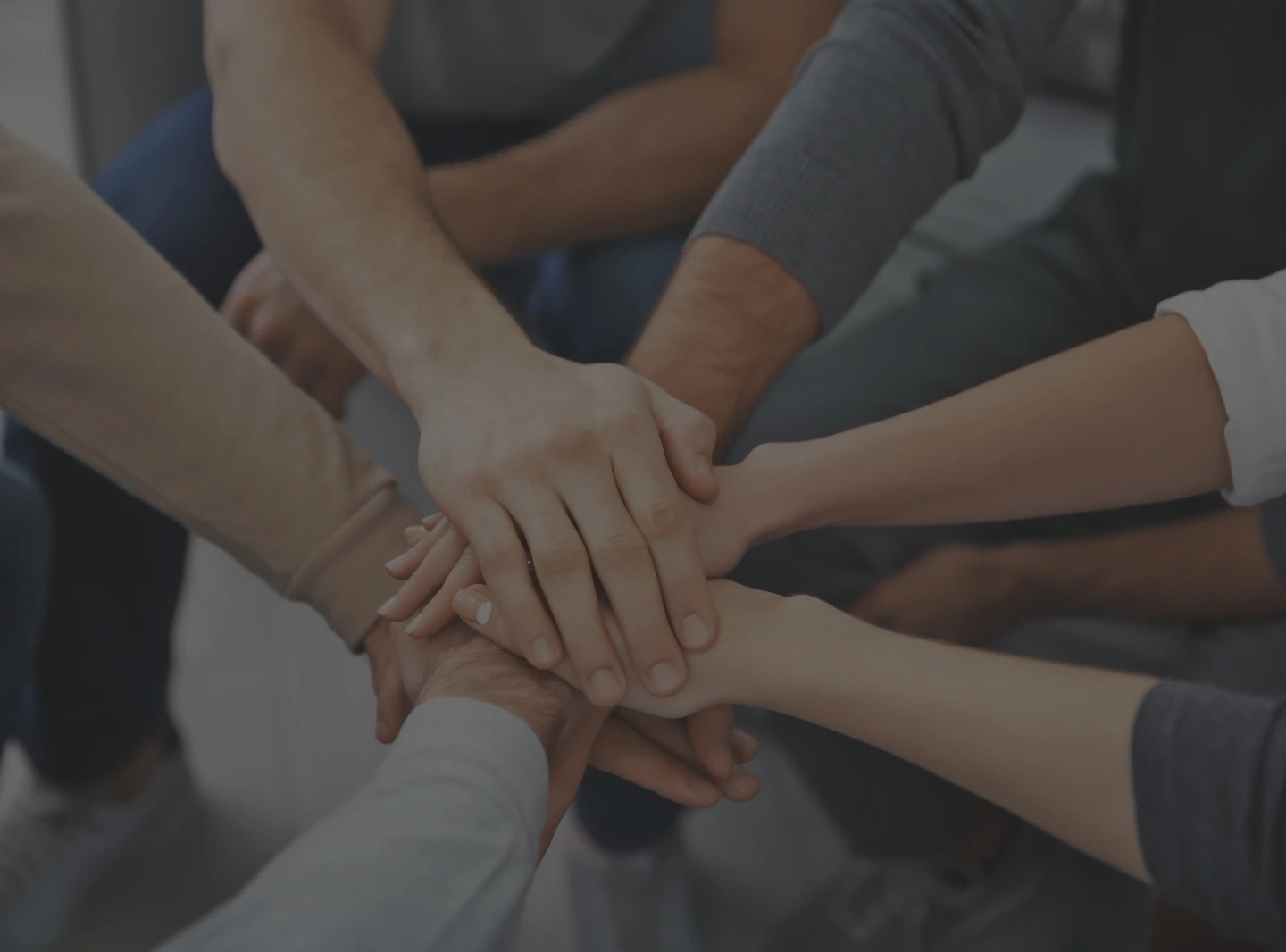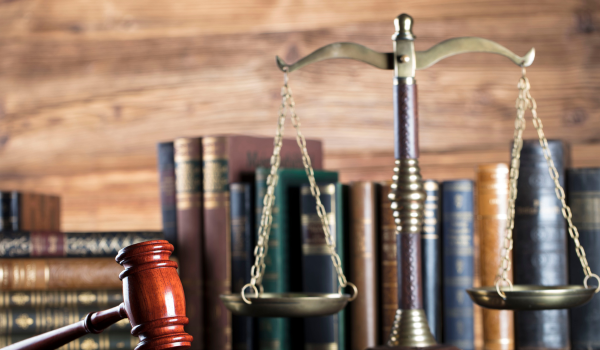
Florida is known for its sunshine and warm climate, but the state’s weather can also create hidden hazards that increase the risk of slip-and-fall accidents. From sudden rain showers to high humidity and tropical storms, weather conditions often play a major role in accidents occurring on both public and private properties.
Here’s how Florida’s unique climate contributes to slip-and-fall incidents—and what property owners and victims need to know.
Common Weather-Related Slip-and-Fall Hazards
1. Rain and Wet Surfaces
- Frequent and sudden rainstorms create slick entryways, sidewalks, and parking lots.
- Rainwater tracked inside can leave floors dangerously slippery, especially in tile or polished areas.
Humidity and Condensation
- Florida’s high humidity can cause condensation to build on tile floors, especially in air-conditioned buildings.
- Exterior surfaces like ramps or decks may remain damp even hours after rain.
Tropical Storms and Hurricanes
- Debris, wet leaves, and standing water after storms create dangerous walking conditions.
- Power outages may result in poorly lit areas, making it harder to see hazards.
Mildew and Mold Growth
- Moist environments promote the growth of slippery mold and mildew on walkways, especially in shaded or poorly maintained areas.
Swimming Pool Areas
- Outdoor pools and water parks are common in Florida and are prone to water accumulation and slippery surfaces.
Property Owners’ Responsibilities
Under Florida law, property owners have a legal duty to maintain reasonably safe premises. This includes taking precautions against weather-related hazards. Examples of reasonable steps include:
- Placing floor mats or warning signs near entrances
- Regularly cleaning and drying wet surfaces
- Trimming trees and removing debris after storms
- Ensuring adequate lighting in walkways and entryways
- Failure to address these issues could result in liability if someone is injured due to the unsafe conditions.
Did You Know?
Even if weather plays a role in your accident, the property owner may still be liable if they failed to take reasonable action to prevent injuries. For example, not mopping up tracked-in rain or failing to post wet floor signs could be considered negligence.
Legal Advice for Slip-and-Fall Victims
- Document the Scene: Take photos of the area where you fell, including weather conditions and any hazards.
- Seek Medical Attention: Prompt treatment not only helps your recovery but also supports your claim.
- Report the Incident: Notify the property owner or manager and request a written report.
- Keep Records: Maintain documentation of your injuries, medical bills, and any time missed from work.
- Consult with a Legal Professional: An attorney can help evaluate the role of weather in your accident and determine liability.
At Kemp Law Group, we understand how Florida’s climate can contribute to serious slip-and-fall injuries. If you’ve been hurt due to unsafe conditions on someone else’s property, contact us today for a free consultation.
📞 Call 727-847-4878 or visit https://kemplaw.com to explore your legal options.





